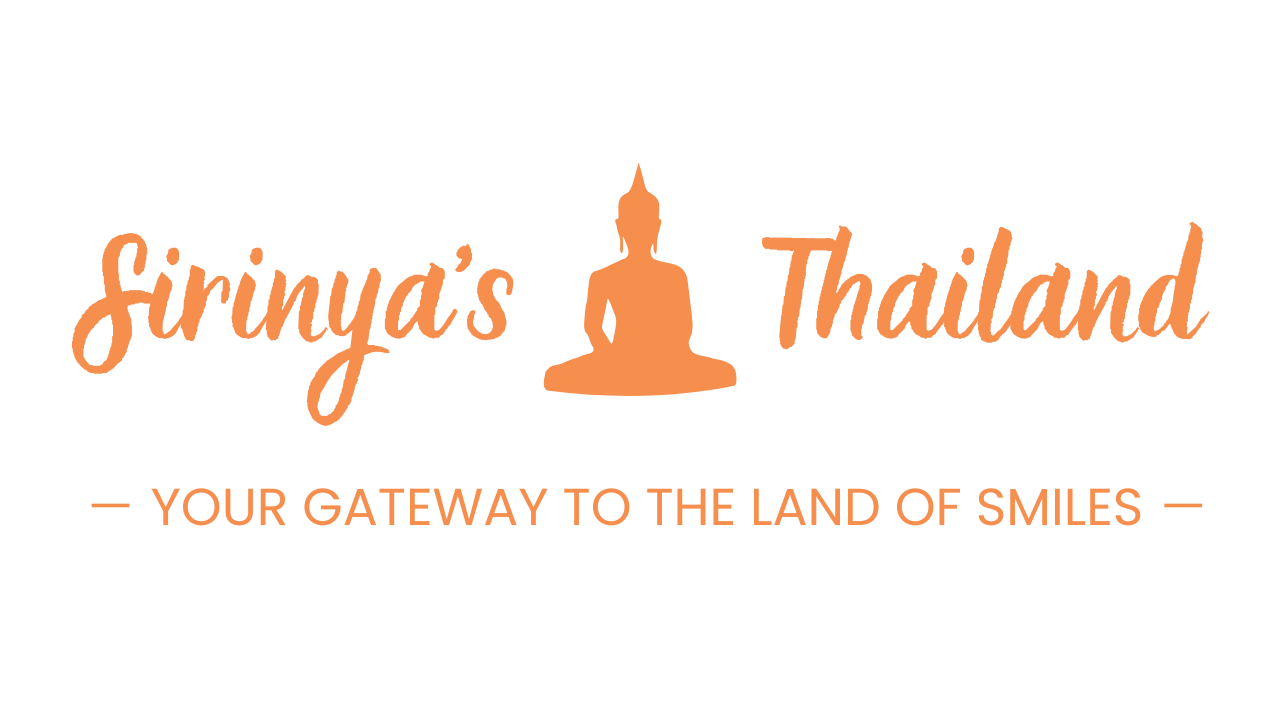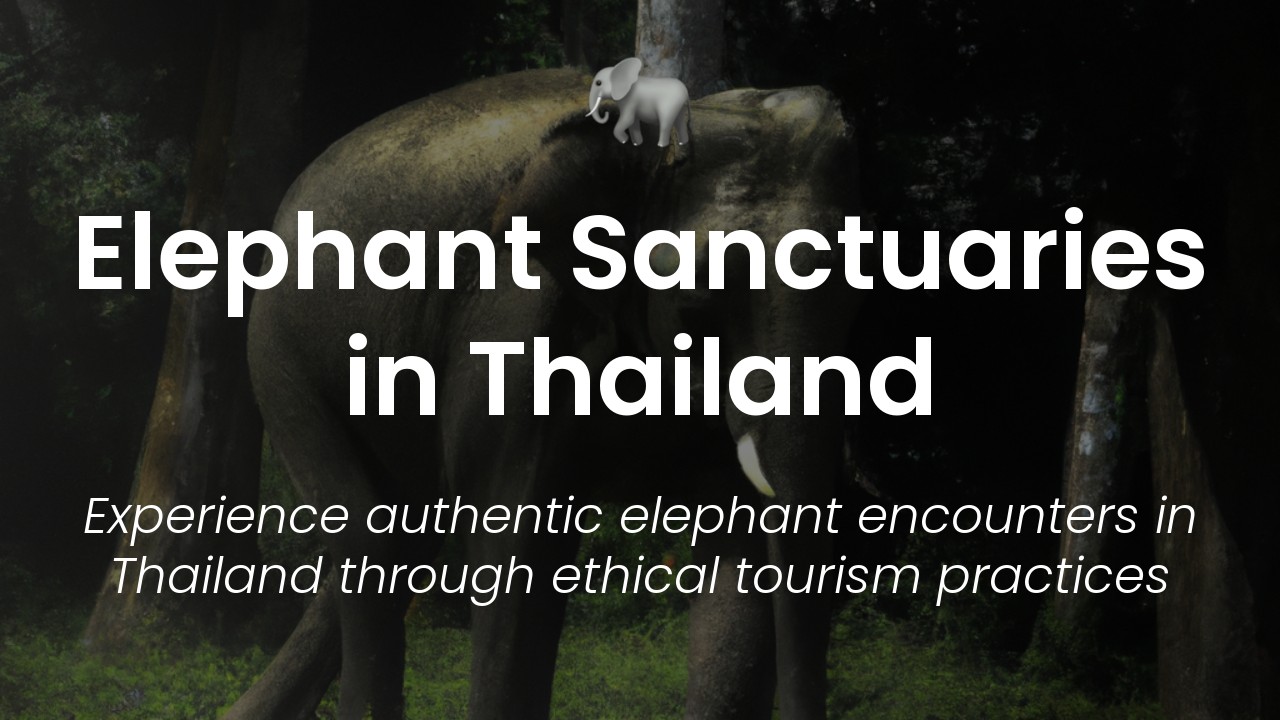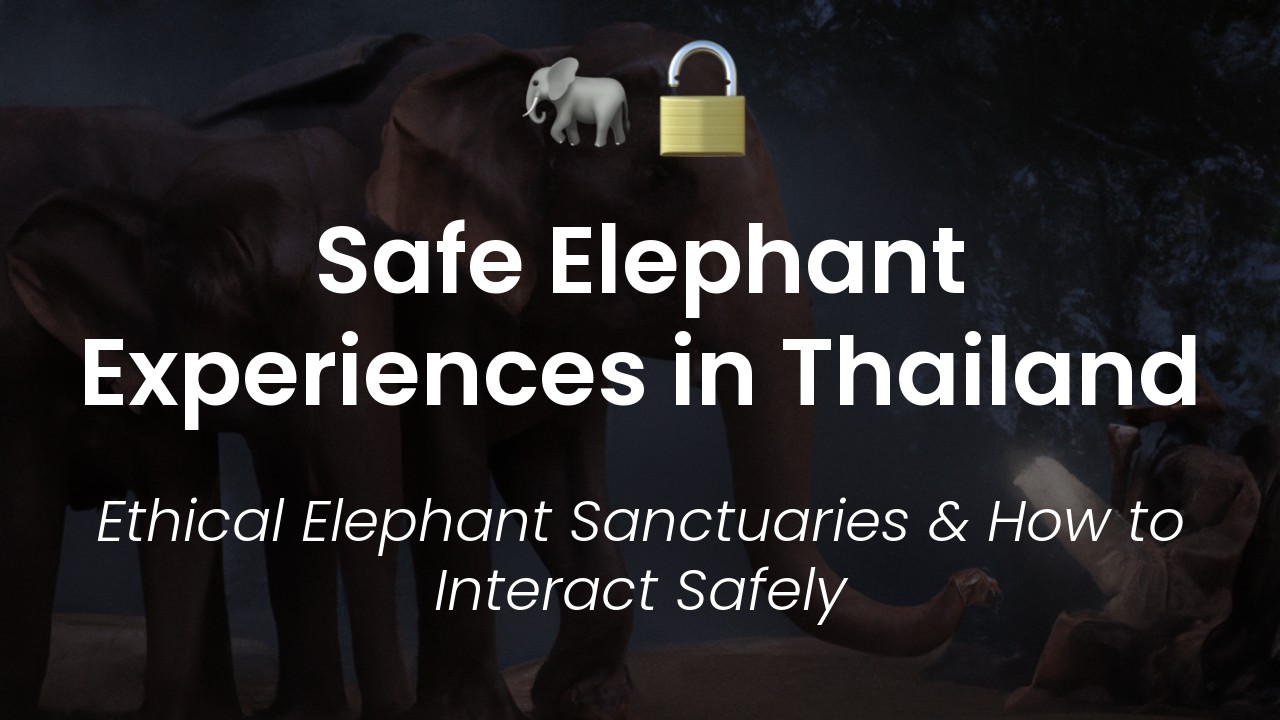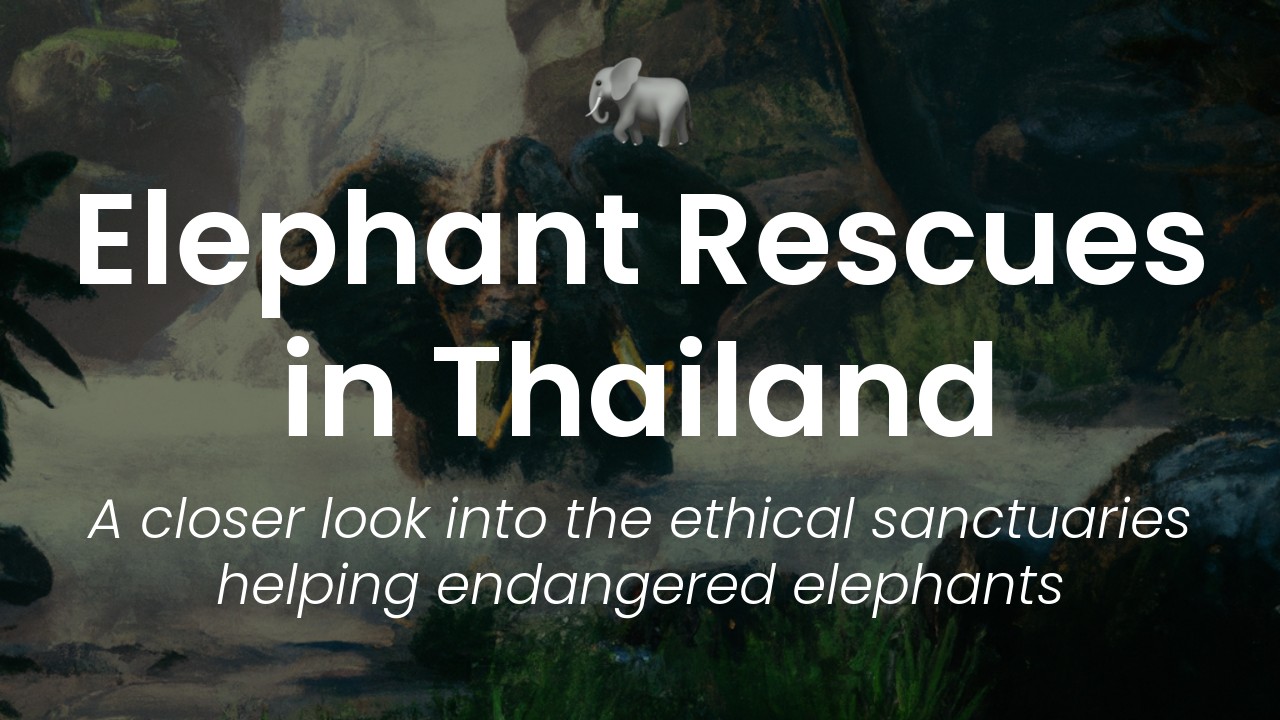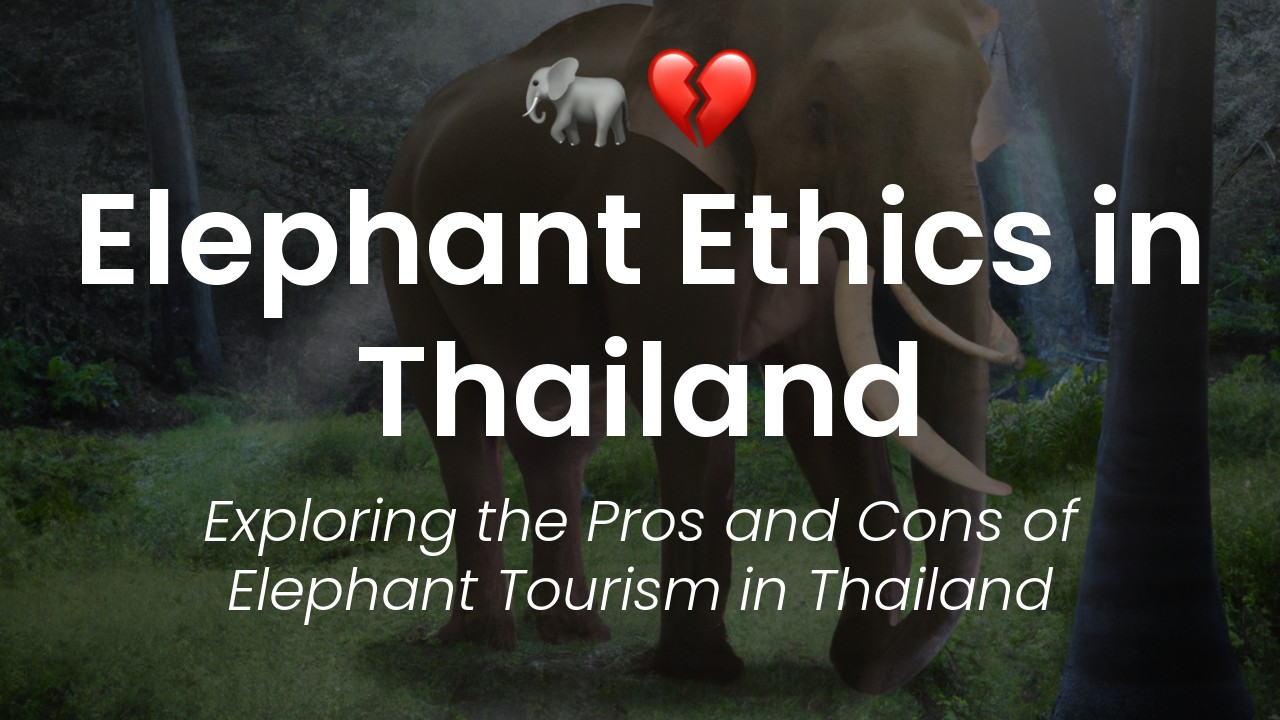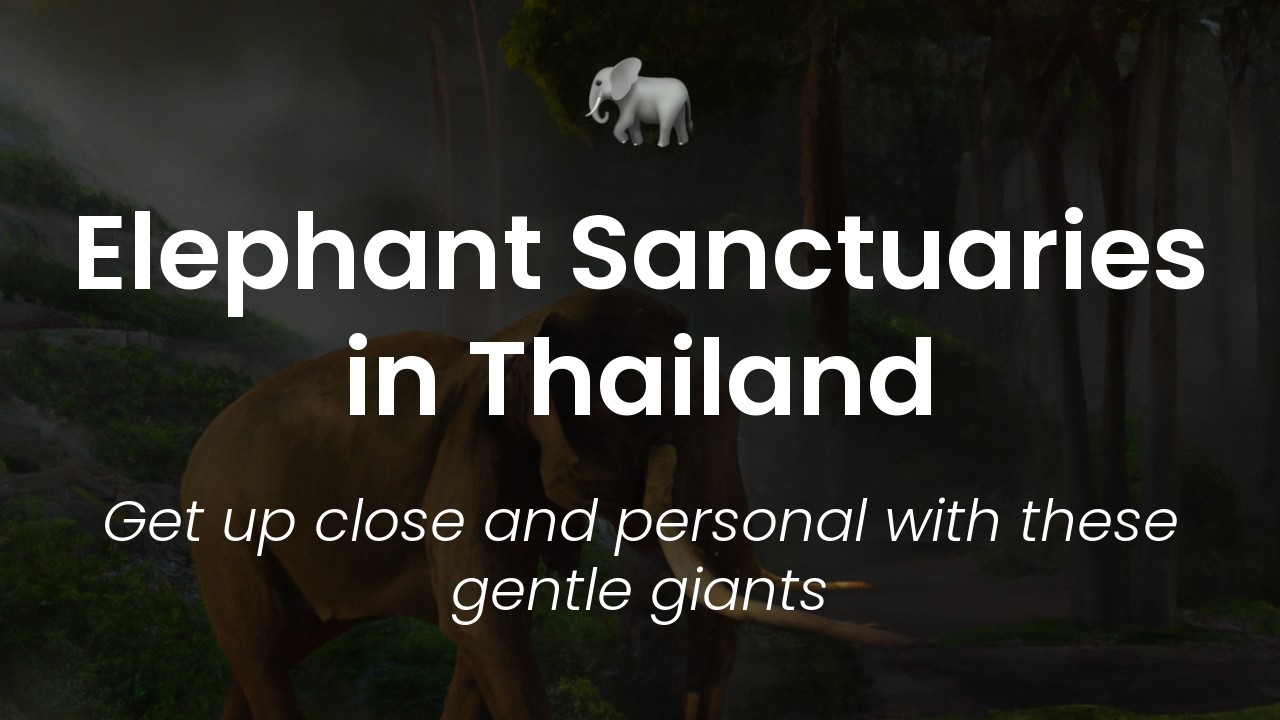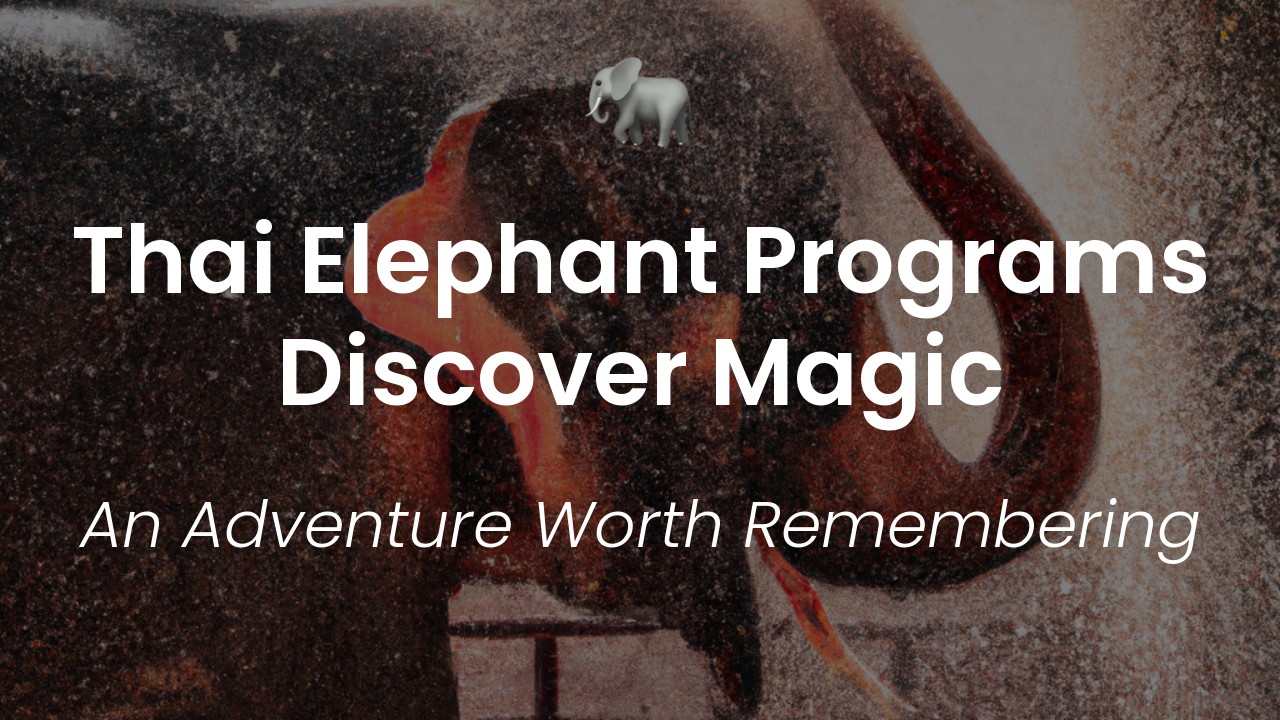I have always been fascinated by elephants. The gentle giants have a special place in the hearts of the Thai people, and it's not hard to see why. Their intelligence, grace, and imposing size make them an impressive sight. Unfortunately, not all elephant experiences in Thailand are created equal. In fact, many involve mistreatment, abuse, and neglect.
But that doesn't mean that you can't see these magnificent animals up close and personal. There are plenty of ethical elephant sanctuaries scattered throughout Thailand that offer visitors an opportunity to get to know these creatures in a humane and responsible way. These sanctuaries work tirelessly to rehabilitate elephants that have suffered at the hands of the tourism industry, providing them with a safe and loving environment to live out their days.
In this article, I'll be taking you on a tour of some of Thailand's top ethical elephant sanctuaries. From Chiang Mai to Phuket, there's no shortage of places where you can get an up-close look at these amazing animals. Join me as we discover the best elephant experiences that Thailand has to offer, all while respecting the needs and dignity of these magnificent creatures.
Why Elephant Sanctuaries Are Important
Elephants have been exploited in Thailand for centuries, used as labor animals for logging, transportation, and tourism. Unfortunately, most of these elephants are subject to abusive practices such as riding, circus performances, and harsh living conditions.
Thankfully, ethical elephant sanctuaries have emerged as an alternative way to interact with these majestic animals. These places are designed to provide a safe and natural environment for elephants to live in harmony and freedom.
Ethical Guidelines for Elephant Sanctuaries
The Thai government set out ethical guidelines for elephant sanctuaries in 2018 to help distinguish between genuine sanctuaries and those who claim to be but still exploit elephants for profit. Here are the main points that define what an ethical elephant sanctuary should look like.
No Riding
Riding elephants is a harmful practice that causes injury and stress to these gentle giants. Therefore, ethical sanctuaries never allow tourists to ride elephants.
No Hooks or Chains
Sanctuaries prohibit the use of hooks and chains to force elephants into submission. A responsible and ethical way of handling these creatures involves positive reinforcement, such as rewarding them with food or positive reinforcement techniques.
No Tricks or Circus-Style Performances
Performing tricks or circus-style shows require intense training and is cruel to the animals. Consequently, ethical sanctuaries do not allow these types of performances.
No Breeding
Breeding is strictly prohibited in elephant sanctuaries. The last thing these animals need is to bring more elephants into the world without the possibility of providing a happy and healthy life.
Natural Living Environment
An ethical elephant sanctuary should provide a natural living environment, including access to vast grasslands, shade, water, and a variety of plants and trees.
Veterinary care
Elephants in sanctuaries should receive regular veterinary checks and medical treatment for any health issues.
Elephant Nature Park – Chiang Mai
Elephant Nature Park is an elephant sanctuary located in Chiang Mai, northern Thailand. This sanctuary is home to more than 70 elephants rescued from abusive situations, such as circus training or forced labor.
Elephant Nature Park is a model for other ethical sanctuaries in Thailand. It provides a natural habitat where elephants live freely under the supervision of professional caregivers.
Visitors can observe and feed the elephants, but riding or bathing with them is strictly prohibited. Elephant Nature Park is the perfect destination for those who wish to witness the beauty of these gentle giants in a responsible and ethical way.
Boon Lott's Elephant Sanctuary – Sukhothai
Boon Lott's Elephant Sanctuary is an elephant sanctuary located in Sukhothai, northern Thailand. It was founded in 2006 by Katherine Connor as a tribute to a young calf named Boon Lott, who was sold to the tourism industry and passed away after a short year of life.
The sanctuary is named after this survivor, and it provides a safe environment for elephants rescued from exploitation for tourism, logging, or street begging.
Visitors can watch elephants as they go about their day, grazing, bathing, and spending time with their own kind. Boon Lott's Elephant Sanctuary is a lovely place to experience the happiness of these creatures as they rediscover their natural way of life.
The Surin Project – Surin
The Surin Project is an elephant sanctuary located in Surin, northeastern Thailand. This organization focuses on ensuring the well-being of elephants through the involvement of local communities in their conservation.
The Surin Project provides a unique opportunity for visitors to experience the daily life of elephants in a rural and authentic setting. Here, guests can observe and help carry out daily tasks, such as planting food and assisting the mahouts, or caretakers, with their duties.
The Surin Project is an exemplary model for ethical tourism that puts the conservation of animals and the support of local communities first.
Elephant Hills – Khao Sok National Park
Elephant Hills is an elephant sanctuary and glamping resort located in Khao Sok National Park, southern Thailand. The sanctuary provides refuge for elephants rescued from the logging industry and offers an "Elephant Experience" program for tourists.
The "Elephant Experience" program allows visitors to observe elephants as they go about their day, interacting with their mahouts and other elephants. Activities include feeding and washing elephants, interacting with baby elephants, and learning about the elephants' lifestyle and behavior.
Elephant Hills provides an opportunity to experience resort-style accommodation while also engaging in ethical and responsible tourism.
Best Time to Visit & How to Support
The best time to visit elephant sanctuaries in Thailand is from November to February when the weather is dry and comfortable.
To support ethical elephant sanctuaries, do your research beforehand, and make sure the sanctuary you are considering follows the ethical guidelines set forth by the Thai government. You can also donate money or volunteer your time to support these organizations.
